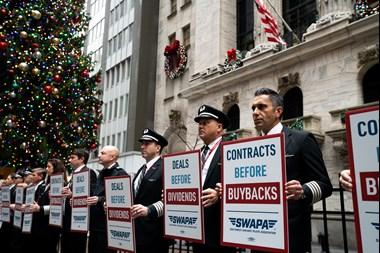Commentary
FedEx, the global delivery and logistics company, withdrew its forward guidance after the market closed on Sept 15. The share price collapsed by more than 16 percent in after-hours trading. On Sept. 16, FedEx (FDX) shares opened sharply lower and closed down 21.4 percent by the time the market closed.





